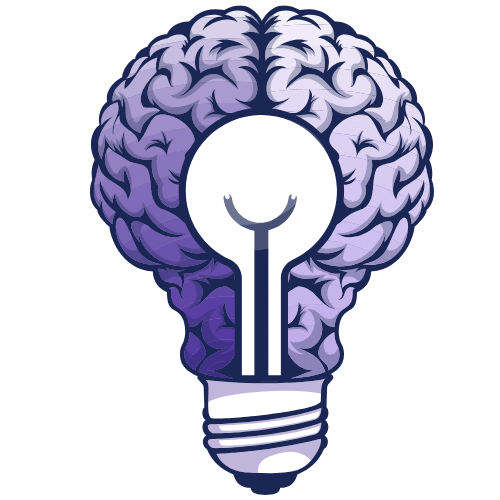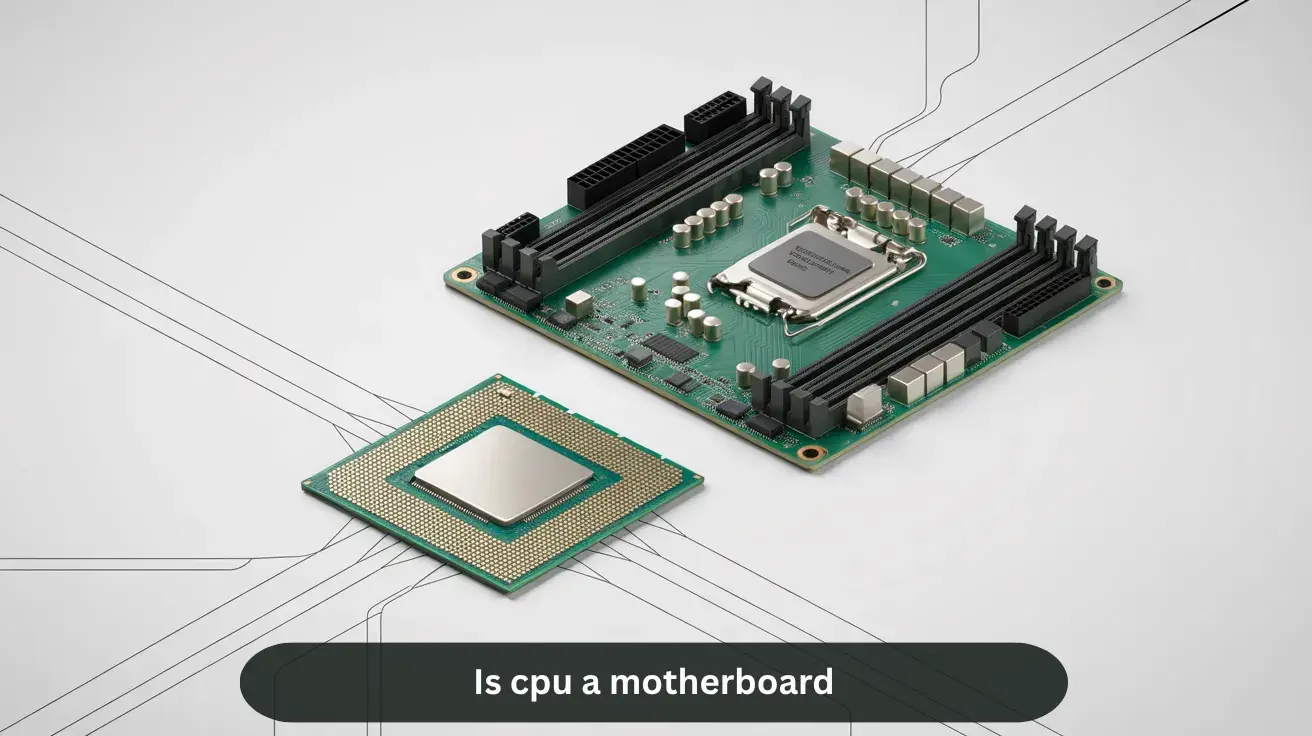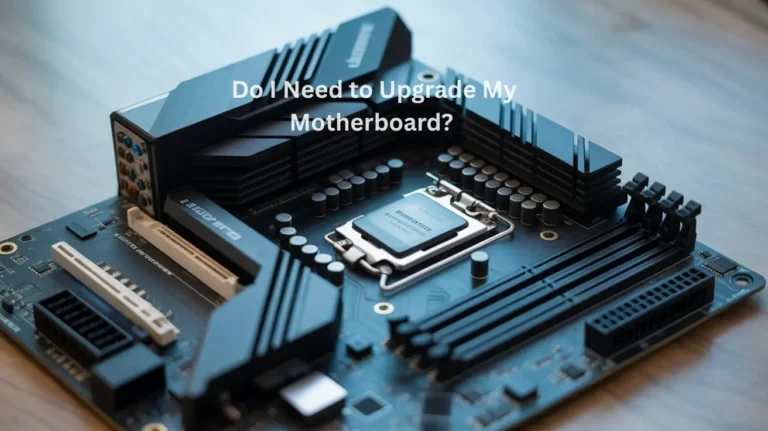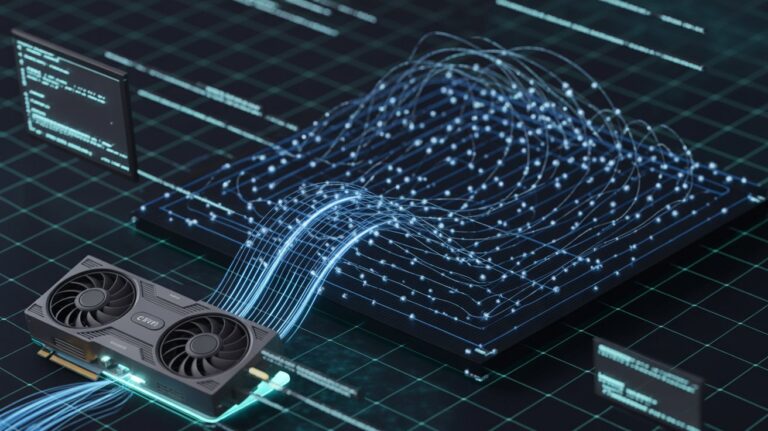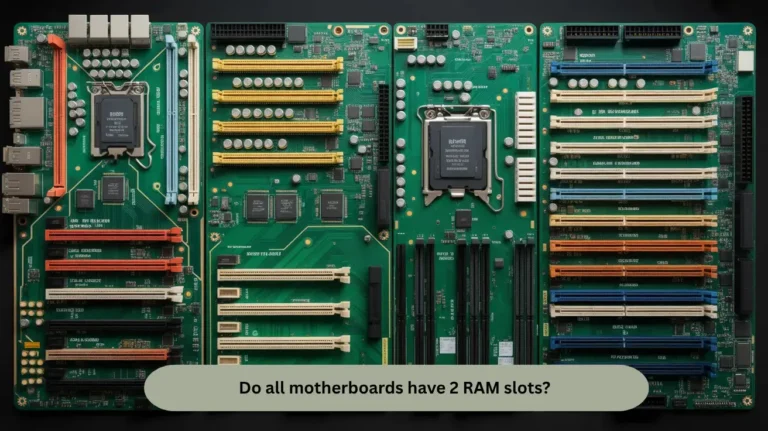Is cpu a motherboard – Clear Your Confusion!
No, a CPU is not a motherboard. The CPU (Central Processing Unit) is the brain of the computer that processes all tasks. The motherboard is the main board that connects the CPU, memory, and other parts so they work together smoothly.
In this guide, we will explain the clear difference between the two and help you understand how each plays an important role in your computer’s performance.
What Is the Difference Between a CPU and a Motherboard?
Also Read: can you use ddr4 on a ddr5 motherboard – Find Out Now!
The CPU (Central Processing Unit) is the brain of a computer it runs programs and processes data. The motherboard is the main board that connects the CPU, memory, storage, and other parts. In short, the CPU thinks, while the motherboard lets every part talk and work together smoothly for the computer to run.
Is a CPU the Same as a Motherboard or Something Else?
A CPU is not the same as a motherboard. The CPU (Central Processing Unit) is the brain that processes all data. The motherboard is the main board that connects the CPU, memory, and other parts so they work together smoothly.
How Does a CPU Work on a Motherboard?

The CPU (Central Processing Unit) is the brain of the computer, processing data and sending commands through the motherboard’s chipset and circuits to control all hardware components.
- Manages Data Flow: Sends signals across the motherboard for smooth operation.
- Executes Commands: Processes tasks from RAM and storage efficiently.
- Connects Components: Links with GPU, drives, and power supply for full system control.
Also Read: What are the signs that motherboard is bad – Fix It Fast!
Can a Computer Run Without a CPU or Motherboard?
A computer cannot run without a CPU or motherboard. The CPU is the brain that processes all tasks, and the motherboard connects every part. Without them, the computer can’t start, show display, or perform any function it stays completely dead.
Why Do People Confuse CPU with Motherboard?
Many people confuse CPU with the motherboard because both sit inside the computer case. The CPU is the brain that processes data, while the motherboard connects all parts. Without the motherboard, the CPU can’t communicate or work properly.
Which Is More Important CPU or Motherboard?
| Component | Importance | Key Role | Summary |
| CPU (Processor) | ⭐⭐⭐⭐⭐ | Executes instructions, affects speed & performance | Most important for overall system performance |
| Motherboard | ⭐⭐⭐⭐ | Connects all components, determines compatibility & upgrade options | Essential for stability and expandability |
How to Identify the CPU and Motherboard in Your PC?

Finding your CPU and motherboard information helps in system upgrades, troubleshooting, and optimizing PC performance using accurate hardware data.
- Press Win + R, type msinfo32, and hit Enter to see detailed system specifications.
- In Device Manager, expand Processors to view your CPU model.
- Use tools like CPU-Z or Speccy for complete motherboard and processor details.
- Check your BIOS or UEFI settings for motherboard model and firmware version.
Do You Need to Replace the Motherboard When Changing the CPU?

You don’t always need to replace the motherboard when changing the CPU. If your new processor fits the same socket and chipset, it will work fine. But if the CPU type or socket is different, a new motherboard is required.
Also Read: Do all motherboards have 2 RAM slots? See The Answer!
CPU vs Motherboard Comparison Table
| Feature / Aspect | CPU (Central Processing Unit) | Motherboard |
| Primary Function | Acts as the brain of the computer processes data and executes instructions | Serves as the backbone connects and allows communication between all components |
| Main Components | ALU (Arithmetic Logic Unit), CU (Control Unit), Cache, Registers | Chipset, RAM Slots, GPU Slot (PCIe), Storage Ports, Power Connectors |
| Installation Point | Installed in the CPU socket on the motherboard | Houses all major hardware components (CPU, RAM, GPU, Storage, etc.) |
| Performance Role | Determines the computer’s processing speed and performance | Determines compatibility, connectivity, and expansion options |
| Upgradability | Limited to socket and chipset compatibility | Allows upgrades depending on CPU socket, RAM type, and chipset support |
| Power Consumption | High depends on cores and clock speed | Moderate distributes power to components |
| Heat Generation | Generates significant heat during processing | Does not generate much heat, but helps manage heat distribution |
| Replacement Cost | Expensive (high-end CPUs are costly) | Moderate (depends on chipset and form factor) |
| Examples | Intel Core i9, AMD Ryzen 9 | ASUS ROG Strix, MSI B550, Gigabyte Z790 |
FAQ’s:
1. What Happens If the CPU and Motherboard Are Not Compatible?
The system won’t start or recognise the CPU because the socket or chipset doesn’t match.
2. How Do the CPU and Motherboard Work Together for Best Performance?
They coordinate data flow and power delivery to ensure smooth processing and system stability.
3. Can a Motherboard Function Without a CPU?
No, the motherboard cannot run or display anything without a working CPU.
4. Is the CPU Attached Permanently to the Motherboard?
No, most CPUs are removable and can be upgraded if the socket type matches.
5. Does Upgrading the CPU Always Require a New Motherboard?
No, only if the new CPU uses a different socket or chipset than your current motherboard.
Conclusion:
The CPU and motherboard are separate but interdependent components. The CPU processes data and controls operations, while the motherboard connects and coordinates all hardware parts. Together, they determine your computer’s speed, stability, and upgrade potential. Understanding their roles helps you make smarter choices for building, upgrading, or maintaining your PC effectively.
Also Read: How important is a motherboard for gaming? Choose The Best!
